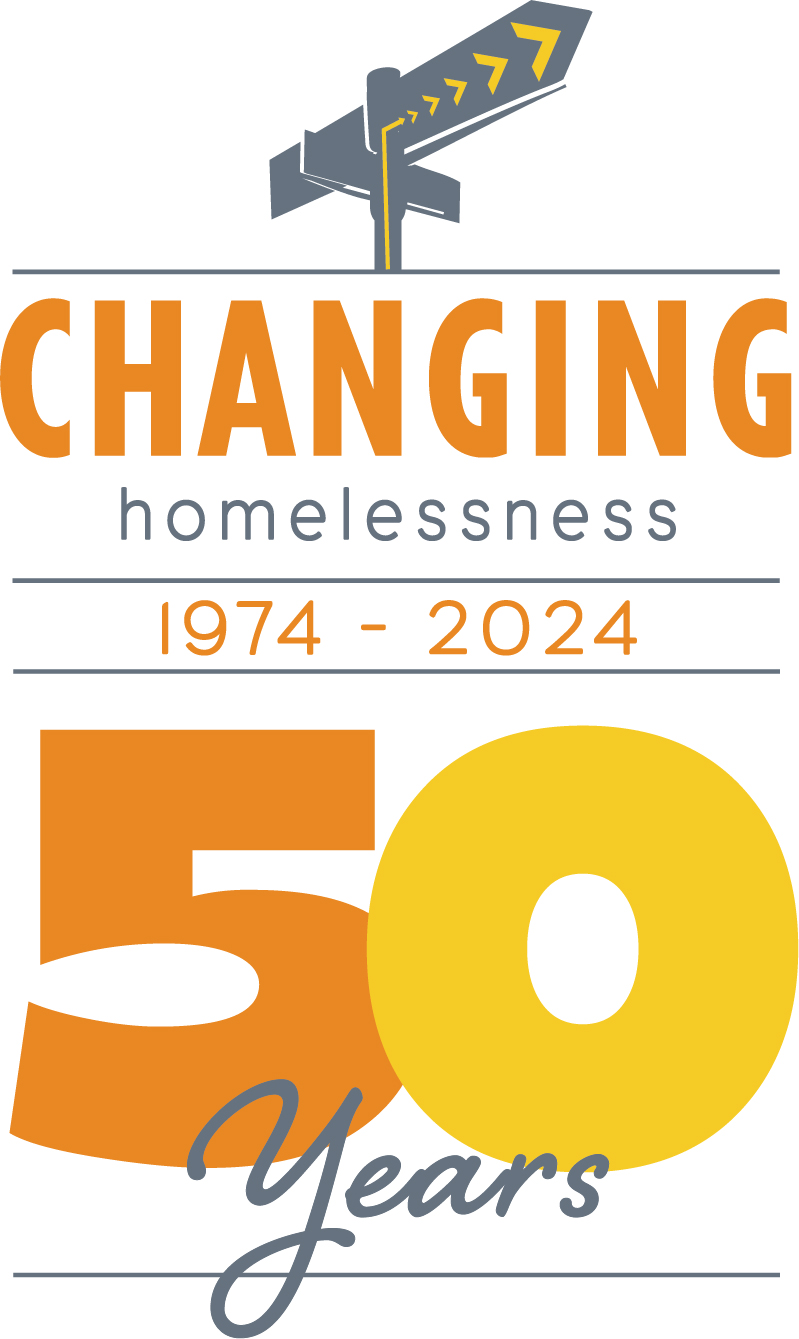7 LESSONS I LEARNED FROM JACKSONVILLE’S BUILT FOR ZERO INITIATIVE
On April 26th, I attended the Built for Zero Learning Session about Veteran Homelessness at the Legends Center. It started with City Councilman Terrance Freeman welcoming everyone. The leaders from the Mayor’s Office, the Veterans Administration (VA), Housing and Urban Development (HUD) and local agencies working to end homelessness also greeted session attendees.
All in all, it was a productive day and I have 7 lessons I’d like to share with you.
1. Talk with (not at or to) the people doing the work.
The interesting thing was that after a specific point, those folks who welcomed us and are leaders had to leave! Community Solutions hosted the session. They have worked with two other cities doing this kind of large meeting and learned that the best use of time is to talk with front line staff. Community Solutions wanted front line staff to talk candidly, so they said goodbye to the executive directors and agency heads well before lunch. One-hundred people showed up in the morning, and after some of the leadership left, there still were a good 80 folks who worked all day.
2. Start with clear direction and make sure people understand the task.
Basically, the work was broken into two parts:
- Ideas for improving the assessment to enrollment process for veterans
- Ideas for getting vets housed after they enroll – get housed
3. Listen to understand everyone in the room. Repeat. Repeat. Repeat.
The whole day was unlike many large community meetings that I’ve participated in because the hosts genuinely listened to each person. I really felt like the two facilitators, K.O. Campbell and Shawn Liu, wanted to know what people were thinking and saying. I’m new to the “homelessness space,” so a lot of it is above my head. I really appreciated every time the facilitators clarified what someone was saying. As they captured the ideas, they asked, “Did I get that right?” It was a lot of over-sized post-it notes on the wall—that kind of meeting!
One of the main ideas during the meeting was functional zero. For an excellent explanation of functional zero, check out this blog post written by Michaele Bradford after a different Built for Zero meeting that Jacksonville participated in.
How did we get here? A month ago, seven large cities launched a Built for Zero initiative, including Jacksonville. The other cities selected are Charlotte, Denver, Phoenix, Detroit, St. Louis and Washington, DC. The large city launch is new and different because this kind of work has already proven successful in small cities. In those areas, one person knows everyone on the By-Name List and gets up in the morning to single-handedly improve the system. Not possible in a big city! In big cities like ours, “there are lots of moving parts.”
4. Don’t be afraid to fail. You don’t know what you don’t know.
My favorite idea from the first part of the meeting was Failing Forward. In other words, expect to fail and do it in a way that makes learning possible. Love that.
5. Get to know your resources, there are likely more than you expect.
The other amazing part of this meeting, from my point-of-view, was learning how many therapists, case managers, and housing specialists are working with veterans in the Southeast Georgia and Northeast Florida area. I knew that our area has a large military population. Seeing so many Veterans Administration social workers in one room was eye-opening.
6. Partner passion and provision. Communities have needs and there are organizations who want to help. Introduce them.
I sat next to a representative from the Home Depot Foundation. She flew in from Atlanta just to attend the meeting because she is interested in the work we’re doing in Jacksonville. This relationship with a funder was brokered by Community Solutions. This is real work—real work always requires real money.
7. Believe in Leadership, but seek the advice of the front liners. We’re all in this together.
On the Monday after the Session, Community Solutions took the ideas back to the leaders of the federal, state, and local agencies. We’ll see what comes next. I’m curious!
Guest Blogger: Dr. Laura Lane – Consultant



